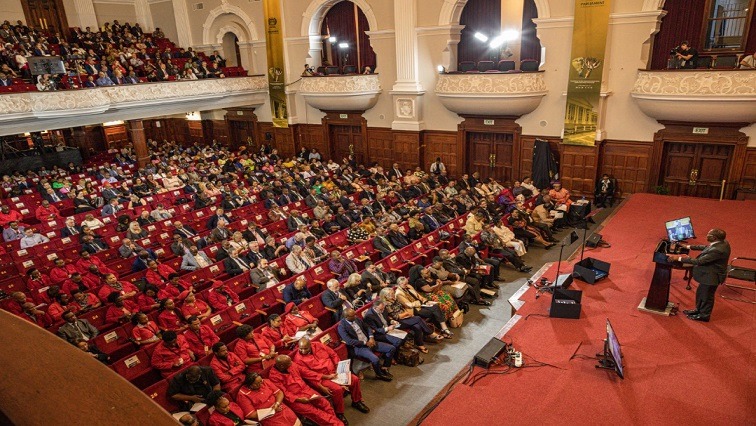With eighteen political parties expected to form a government within the stipulated 14 days after the declaration of election results, political analyst Dr Oshupeng Maseng from the University of Mpumalanga believes this will not be smooth sailing.
The ANC has already announced its stance, choosing a Government of National Unity as its preferred form of government.
Maseng says coalitions in some of the municipalities in the country depict the instability that coalition government may bring.
“Divergent views obviously will emerge because you will be having people from different political parties having different political postures. So, it’s not necessarily going to be smooth sailing. I think we have experienced that through the multi-party government at local government level, where there is consistent instability within those levels of government,” says Maseng.
Economist Makwe Masilela says the country’s economy is also likely to be affected especially if the formed coalitions do not last.
“Should it not hold then, unfortunately, that will cause uncertainty and we know that markets don’t like uncertainty. And then as a result, one will expect that to rattle the markets and also to get the rand to weaken,” says Masilela.
Meanwhile, the National Assembly of South Africa has confirmed the first sitting of the National Assembly will go ahead, despite certain political parties stating that they will not attend the first sitting.
The Secretary to the assembly, Masibulele Xaso says this will go ahead because the National Assembly is constituted.
Xaso says communication will be made available to the public as soon as the dates are confirmed.
Coalition Talks | Democracy Development Programme: Respect the voter

